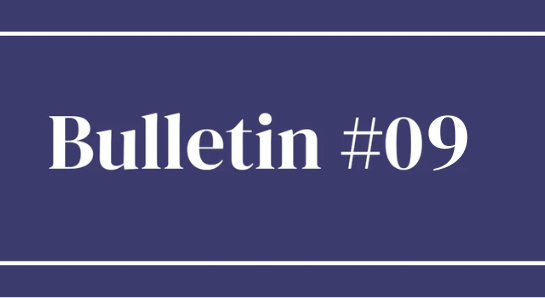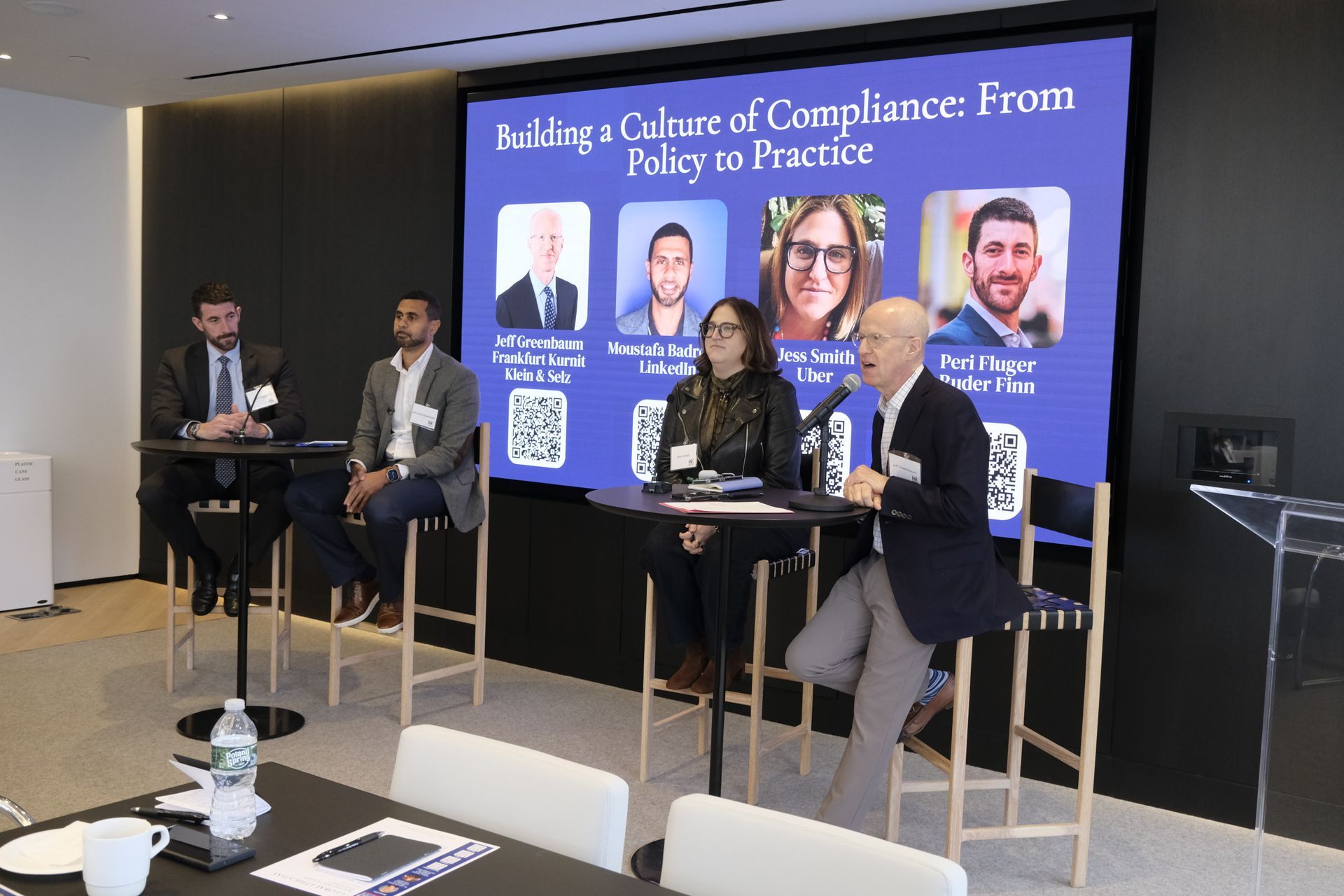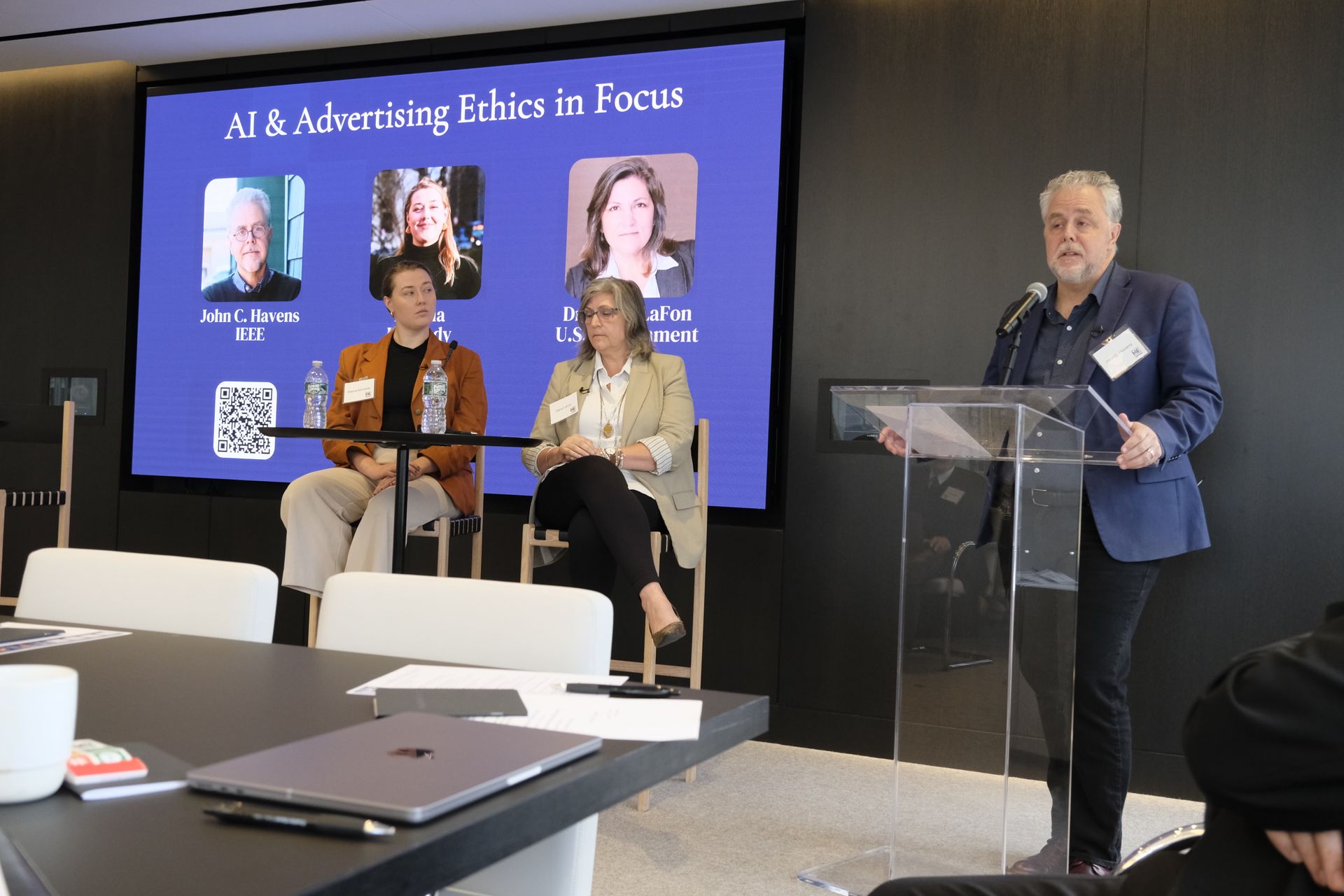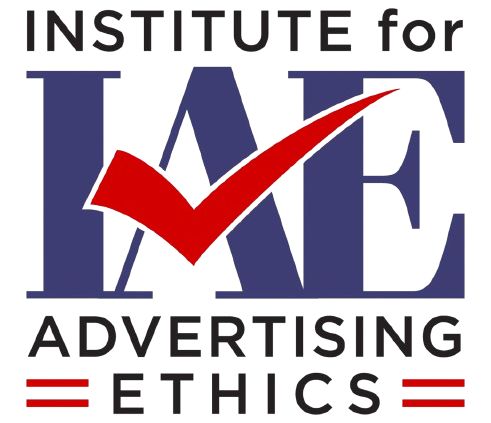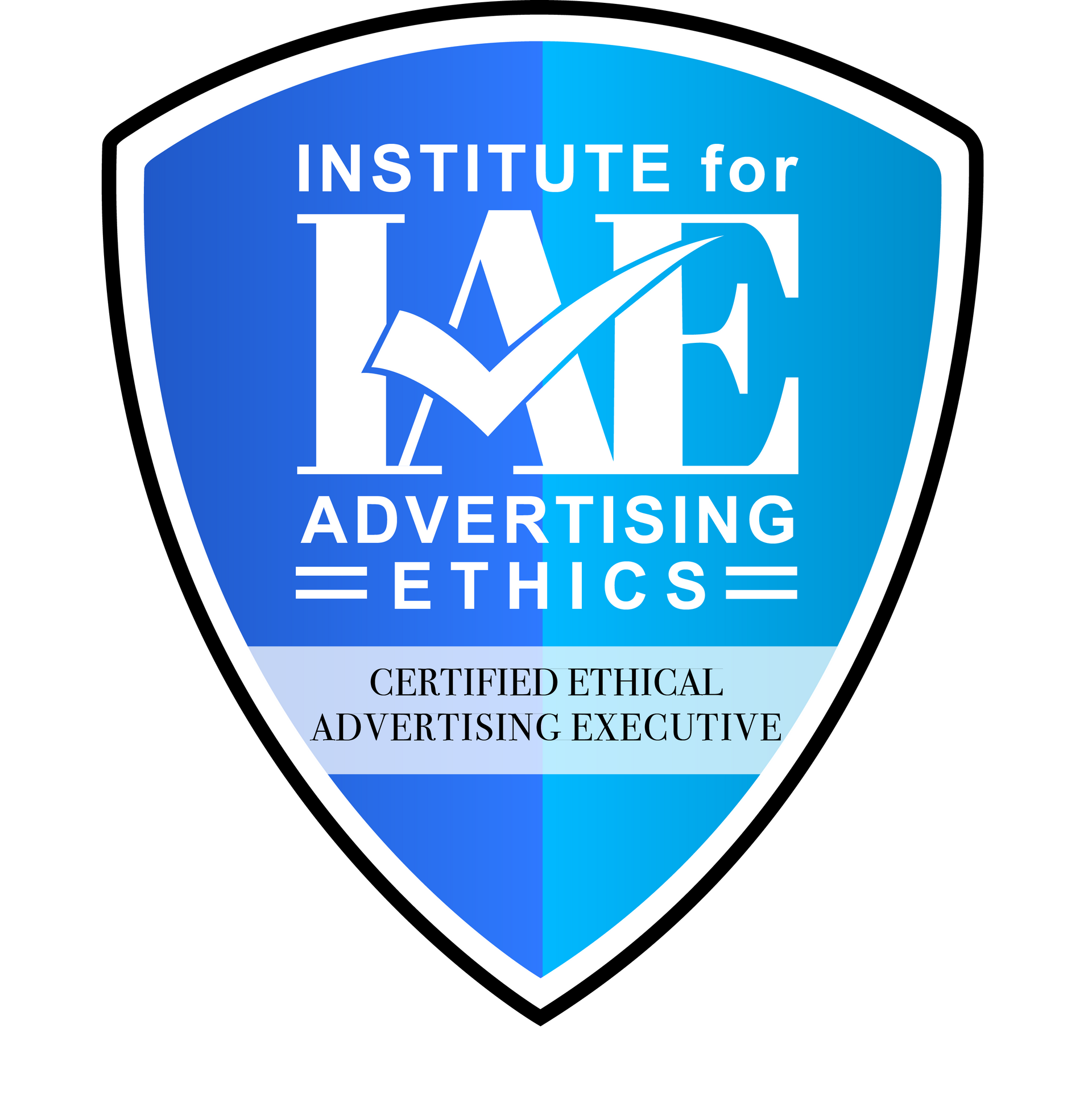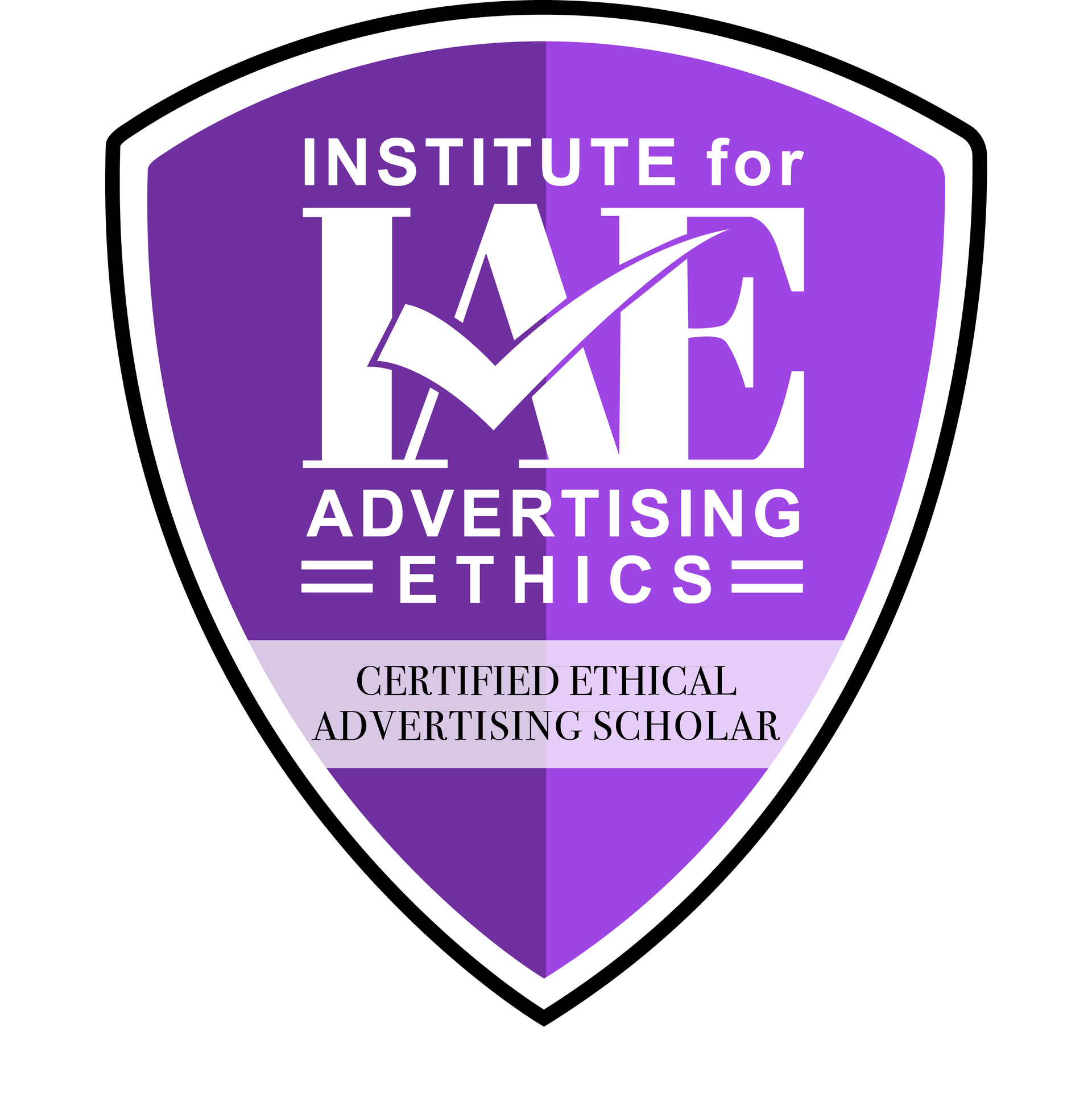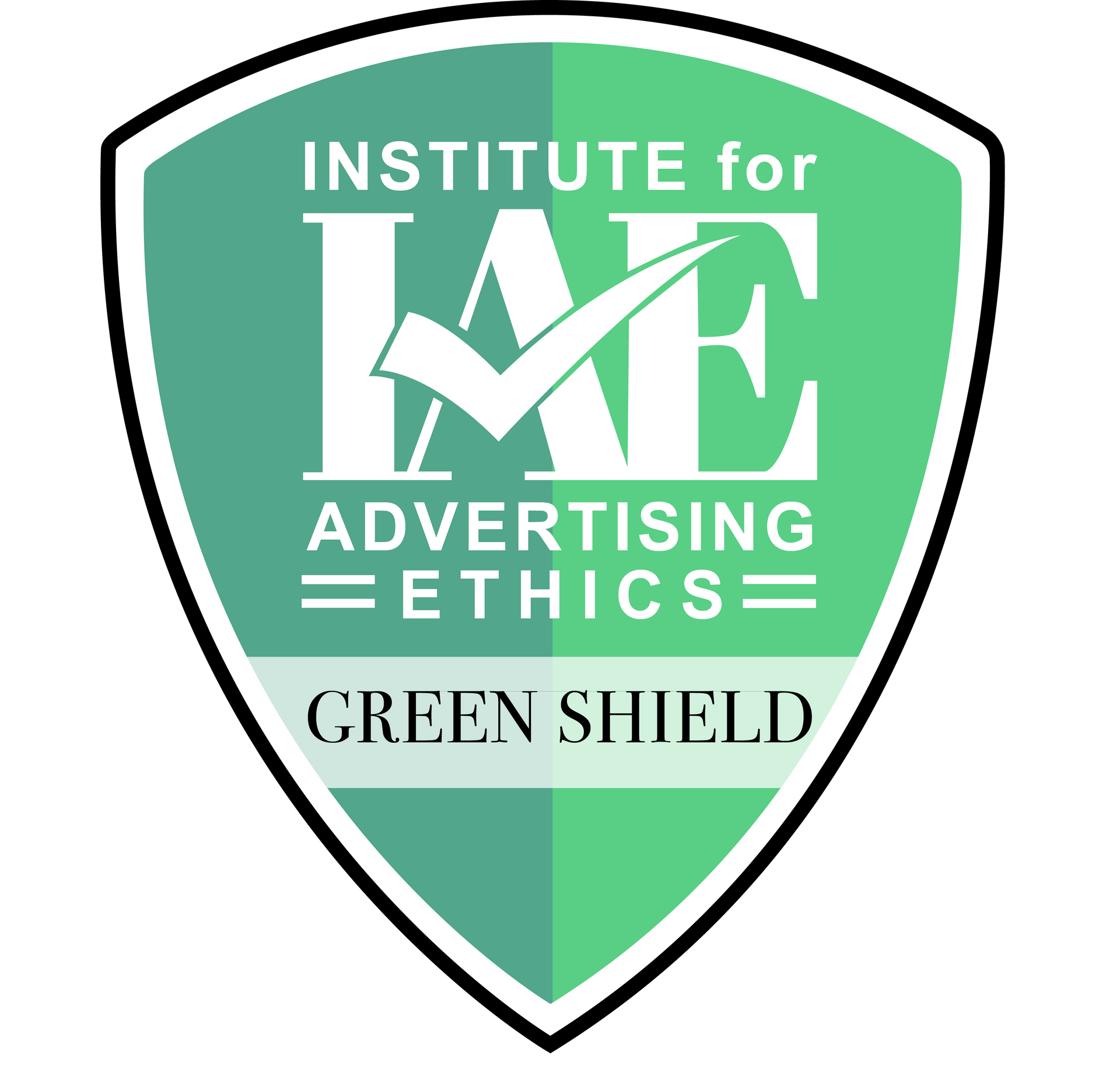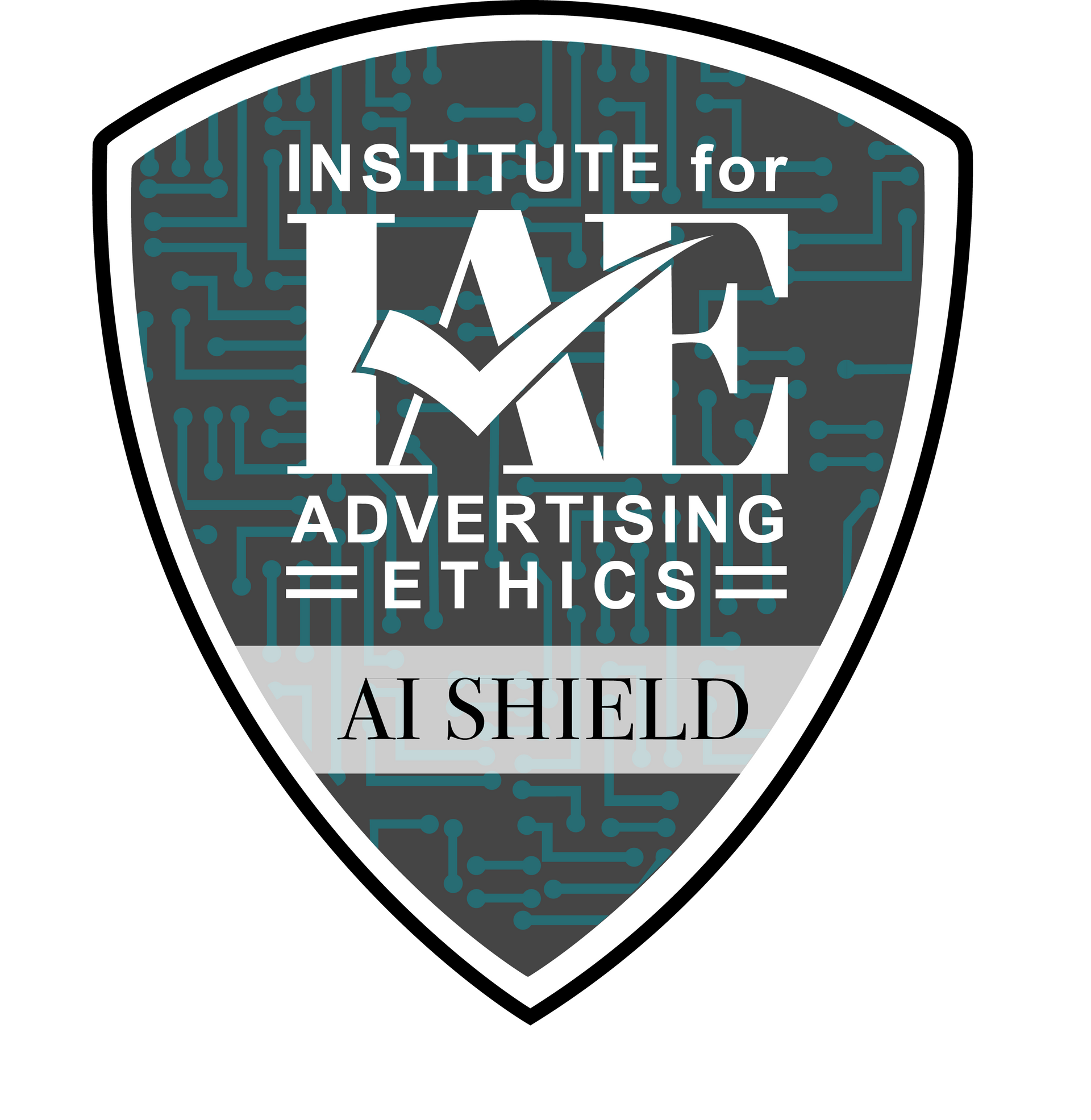Trust Builders: Andy Soriano
Meet Andy! A member of our Trust Builders community.
Andy recently earned her Bachelor's degree in Business Administration with a concentration in Marketing from California State University, Northridge. Andy has gained hands-on experience as the IAE's first Digital Marketing Intern and is now an Assistant Media Planner for Digital Media Strategy at RPA Advertising.
How have the IAE's certifications impacted you, your educational career, and your approach to ethical advertising?
IAE’s certifications have been instrumental in refining my skills as both a student and a marketer. These courses have allowed me to bridge the gap between academic theory and real-world application, enhancing my understanding of marketing’s ethical landscape. More than just educational tools, they serve as powerful reminders of the ethical standards that uphold industry integrity and protect consumer rights, critical principles for any marketing professional.

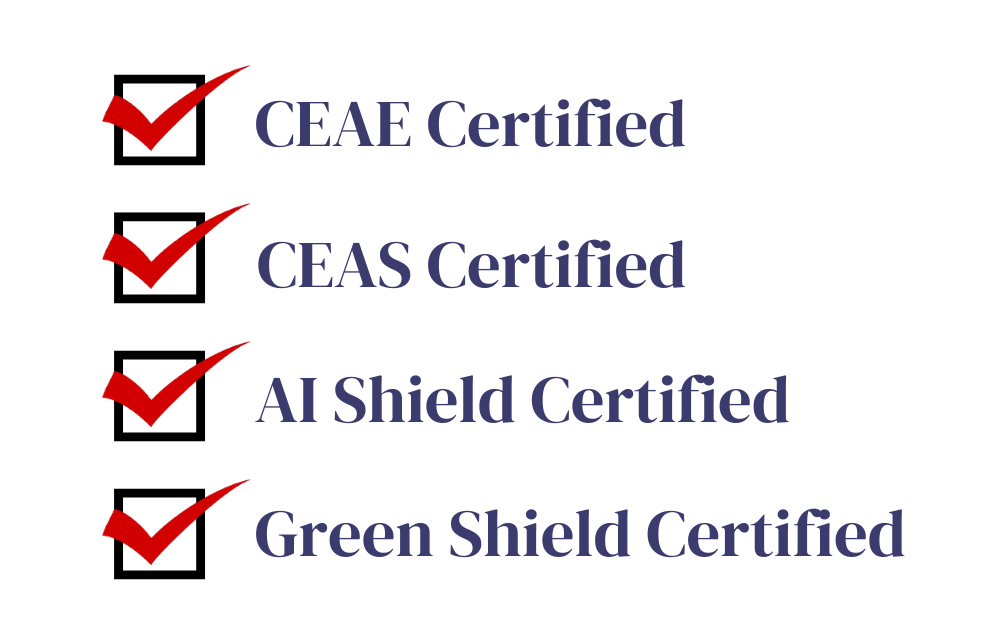
What was the most valuable lesson you learned from the certification(s)?
IAE Principle 6 delivers a powerful message about the importance of privacy and transparency—two cornerstones of ethical marketing. Transparency isn’t just a best practice; it’s the foundation of trust, and trust is what builds truly great brands. This principle challenges industries to uphold high ethical standards, and allows consumers to have a choice while highlighting the immense influence advertising has over consumers. Rather than exploiting that power, marketers should harness it with integrity, ensuring transparency remains a top priority for the benefit of all.
Principle 6.
Advertisers should never compromise consumers’ personal privacy in marketing communications, and their choices as to whether to participate in providing their information should be transparent and easily made.
Why is ethics important for advertising?
Ethics in advertising is essential because no one wants to be misled, especially when placing their trust in a product, service, or brand. Honesty and integrity should be the foundation of any marketing strategy, setting clear standards for what’s right from the very start. A strong ethical compass not only protects consumers but also safeguards a brand’s reputation. When companies prioritize transparency and fairness, they cultivate trust, build lasting relationships, and create a stronger, more responsible industry.
What are some of the biggest ethical challenges you see in advertising today and how do you think these challenges can be overcome?
One of the biggest ethical challenges in advertising today is the tendency of some companies to invest more effort in deceiving consumers rather than choosing the ethical path. While cutting corners may seem like the easier route in the short term, it often leads to bigger problems down the road, such as damaged trust, lost customer loyalty, and the costly task of rebuilding a tarnished reputation. The key to overcoming these challenges lies in proactive education and strong ethical standards from the start.
We want to highlight you too! Fill out this form
to be featured on our Trust Builders Spotlight.
Share
